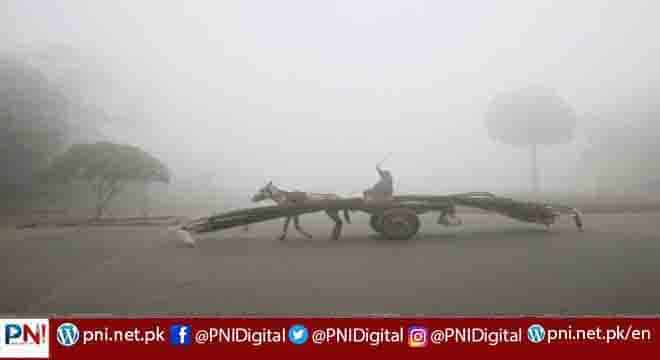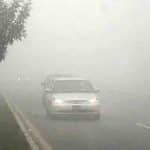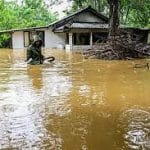ISLAMABAD, Dec 15 (APP): The experts at a webinar on Thursday said the government efforts without public support to contain smog and air pollution crisis were futile as the challenge was immense requiring stakeholder intervention to address the issue leaving millions of people’s health and life at risk.
The Institute of Urbanism organized an online discussion on the ‘Worsening Situation of Smog in Pakistan and Way Forward’ here participated by former chairman of Environmental Science, Islamic International University, who is currently Associate Professor Dr Muhammad Ibrar Shinwari and Environmental Journalist Ali Jabir Malik.
Speaking on the occasion, Professor Dr Muhammad Ibrar Shinwari said the issue of smog was deteriorating with every passing year and it was a kind of air pollution that caused traffic and health issues in equally damaging magnitude.
He said during the 1900s, smog defined as a smoke and fog combination that appeared due to burning of coal and fossil fuels. However, fog used to exist as a moisture suspended into the atmosphere that gets mixed with smoke to produce fog.
“The current smog is photochemical smog that is produced due to sunlight reaction with nitrogen dioxide (NO2) and created a ground level ozone which is helpful in atmosphere but disastrous at ground level. It damages lungs tissues and causes respiratory illness, burning of eyes especially in cities like Lahore, Faisalabad and Gujranwala.”
The government, he said had taken steps but without public cooperation there was least possibility to yield encouraging outcomes. The developed countries had overcome the risk of smog due to proper legislation, regulatory framework, proper vehicle testing mechanisms and enforcement to ensure eco-friendly mobility, industry and urbanisation.
He said the major other contributors of smog included crop leftover or stubble burning during winter season was causing serious ambient pollution.
While sharing air quality data of most polluted cities of the country, he said Lahore’s air quality index (AQI) exceeds heavily in the smog season. However, at present the AQI of Faisalabad was 297.2, Lahore’s 271.8 and 201.6 of Gujranwala.
Moreover, poor enthusiastic industrialisation and rising urbanisation amid poor vehicles plying on the roads were adding on to the rising crisis of smog. “There are different technological solutions for all these air pollution crises but there is no trend in the country to embrace such remedies.”
Dr Shinwari mentioned that the country would have to invest in mass transit infrastructure, improve fuel quality and shift industry to far places from population with a clean industry based on environment friendly technologies to contain damage to nature and environment.
Environmental Journalist, Ali Jabir Malik said the air pollution had created health emergency issues across the country leading to increased respiratory diseases, the decline in average life expectancy ratio to 60%, and a visible increase in premature deaths due to air pollution.
He said the rising number of vehicles and rapidly declining green cover in the cities across the country was causing rising air pollution and smog crisis.
Malik said, “The country in South Asia region has the least air quality monitoring infrastructure whereas India numbered all with 370 air quality monitoring stations followed by Nepal with 27 air quality monitoring station out of which only 10 are functional.”
The policy and enforcement endeavour would remain directionless and less effective without proper ground based realtime data which was only possible with proper air quality gauging gadgets and facilities, he added.
The public role was necessary to share the burden of making the ambience clean and pollution free as a shared responsibility, he said, adding, “the public must shun litting solid waste and stubble burning for heating purposes in outdoors as it is also one of the the major factors of smog.”
Follow the PNI Facebook page for the latest news and updates.









